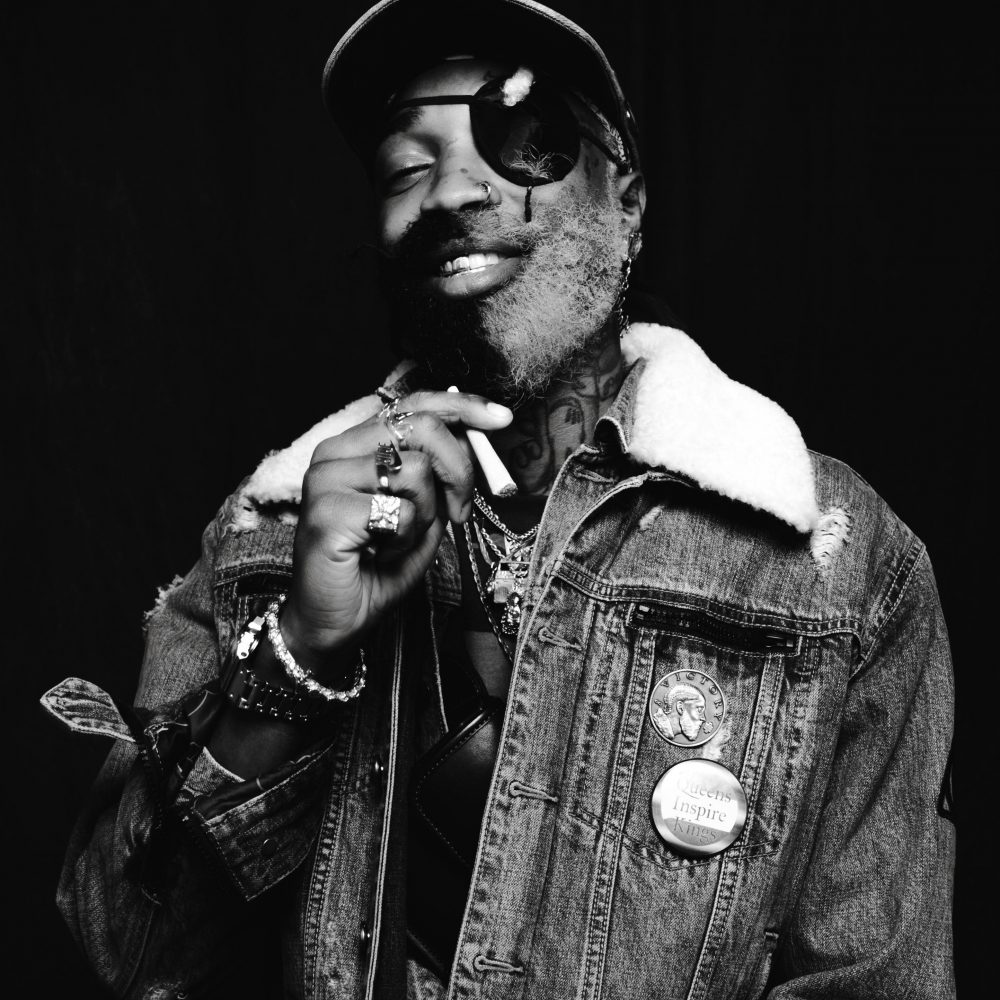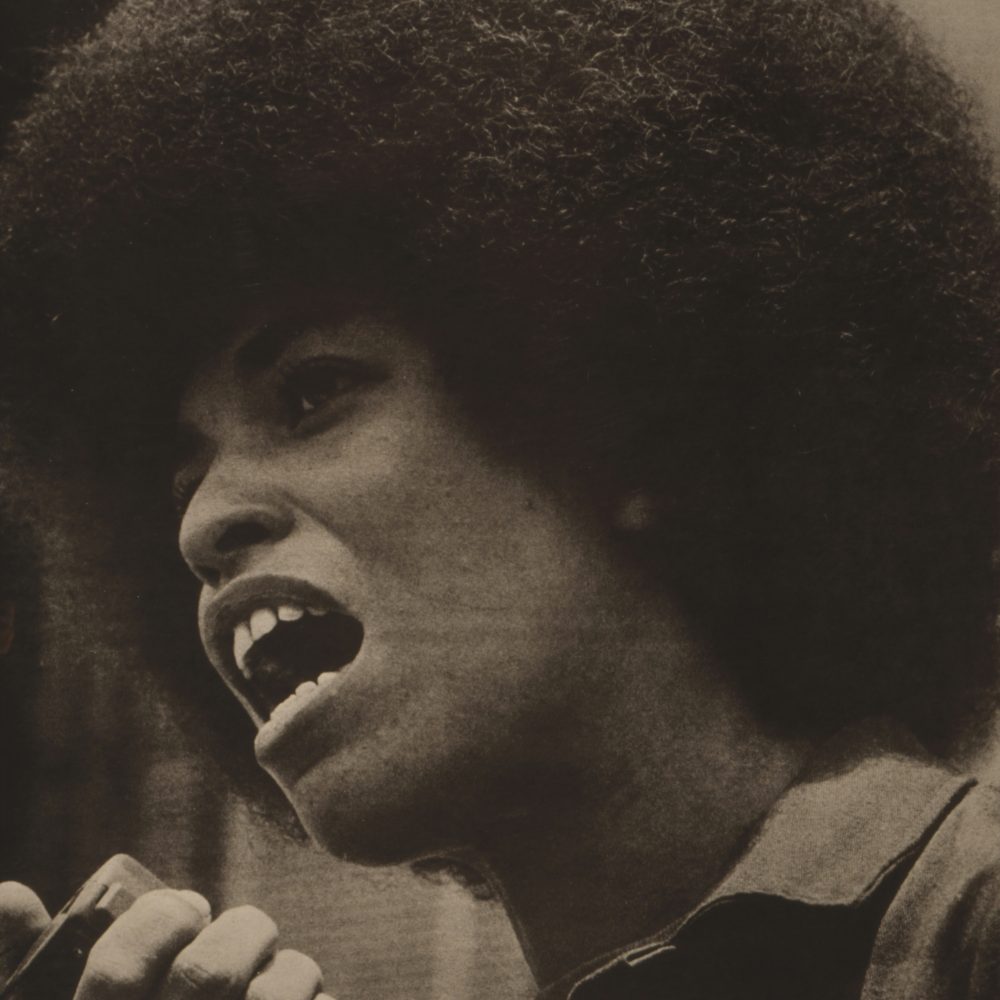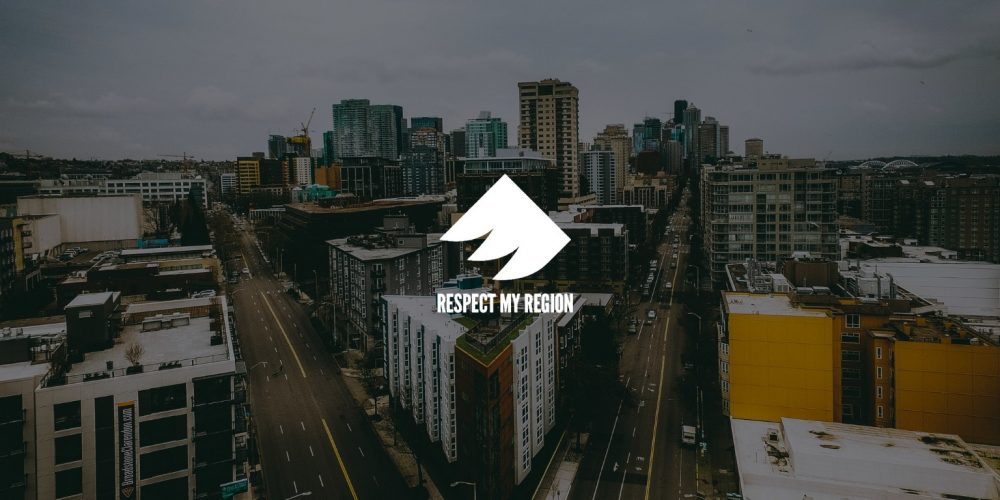The history of cannabis in Black culture is a tapestry woven with threads of cultural significance, economic impact, and a troubling legacy of institutionalized racism. From its introduction to the African diaspora in the 1800s to its current status in American society, cannabis has played a multifaceted role in the lives of Black individuals, often serving as a catalyst for cultural expression while simultaneously being a tool for systemic oppression.
Historically, cannabis use in Black communities has been both a cultural touchstone and a point of legal contention. The plant has played a significant role in shaping cultural expressions and experiences. Cannabis has traveled a long and winding road in its association with Black culture. It intertwines with music, art, and social movements while also becoming a central issue in discussions about racial justice and equity.

Credit to Rdne Stock Project
The Early Days: Cannabis in the African Diaspora
Cannabis was first introduced to the African diaspora by Arab merchants and then by Indian indentured servants on rubber and sugar plantations in the Caribbean, after the British abolished slavery. As a result, the plant became integrated into various cultural practices and medicinal uses within these communities. In the United States, enslaved Africans cultivated hemp, a major crop. This early connection set the stage for its enduring presence in Black culture.
The Criminalization Era and Institutional Racism
The pivotal moment in the history of cannabis within Black communities came with the criminalization of the plant. Harry J. Anslinger, the first commissioner of the Federal Bureau of Narcotics, was a key figure in this era. He fueled a racist narrative that linked cannabis with danger and immorality, specifically targeting jazz culture, a predominantly Black American phenomenon. This led to the disproportionate targeting and criminalization of Black communities, a trend that has continued into modern times.

Credit to Library of Congress
The War on Drugs, initiated by President Richard Nixon, further exacerbated this issue. Labeling drugs as “public enemy number one,” this campaign disproportionately affected Black people and other minorities, leading to higher rates of arrests and incarcerations. This policy was not just a war on drugs; it was, in effect, a war on Black communities, disrupting lives and contributing to the cycle of poverty and marginalization.
The Modern Landscape and Ongoing Challenges
Despite the changing legal landscape around cannabis, with many states legalizing or decriminalizing its use, the legacy of its criminalization still casts a long shadow over Black communities. People of color continue to face higher arrest rates for cannabis-related offenses. This ongoing disparity highlights the deep-rooted systemic issues. They persist in the United States’ approach to drug policy and law enforcement.
The Role of Cannabis in Black Culture
Amidst these challenges, cannabis has remained a significant cultural element in Black communities. It has been a symbol of artistic inspiration, especially in music and literature, and a means of social bonding and community formation. However, as the cannabis industry grows into a billion-dollar enterprise, there remains a significant underrepresentation of Black-owned businesses in the market. Thus pointing to the need for equitable economic opportunities.

Credit to Grav
Moving Forward: Support and Education
Let’s reflect on the history of cannabis in Black culture. It’s clear that understanding and addressing the intertwined issues of racial injustice and drug policy are crucial. Supporting Black-owned cannabis businesses, advocating for fair drug policies, and educating oneself about the historical and ongoing challenges faced by Black communities in relation to cannabis are steps towards a more equitable future.
The history of cannabis in Black culture is not just a story of a plant; it’s a reflection of resilience, creativity, and the enduring struggle against systemic racism. It’s a history that demands attention, understanding, and action towards creating a more just and inclusive society.
Learn more cannabis history here!








